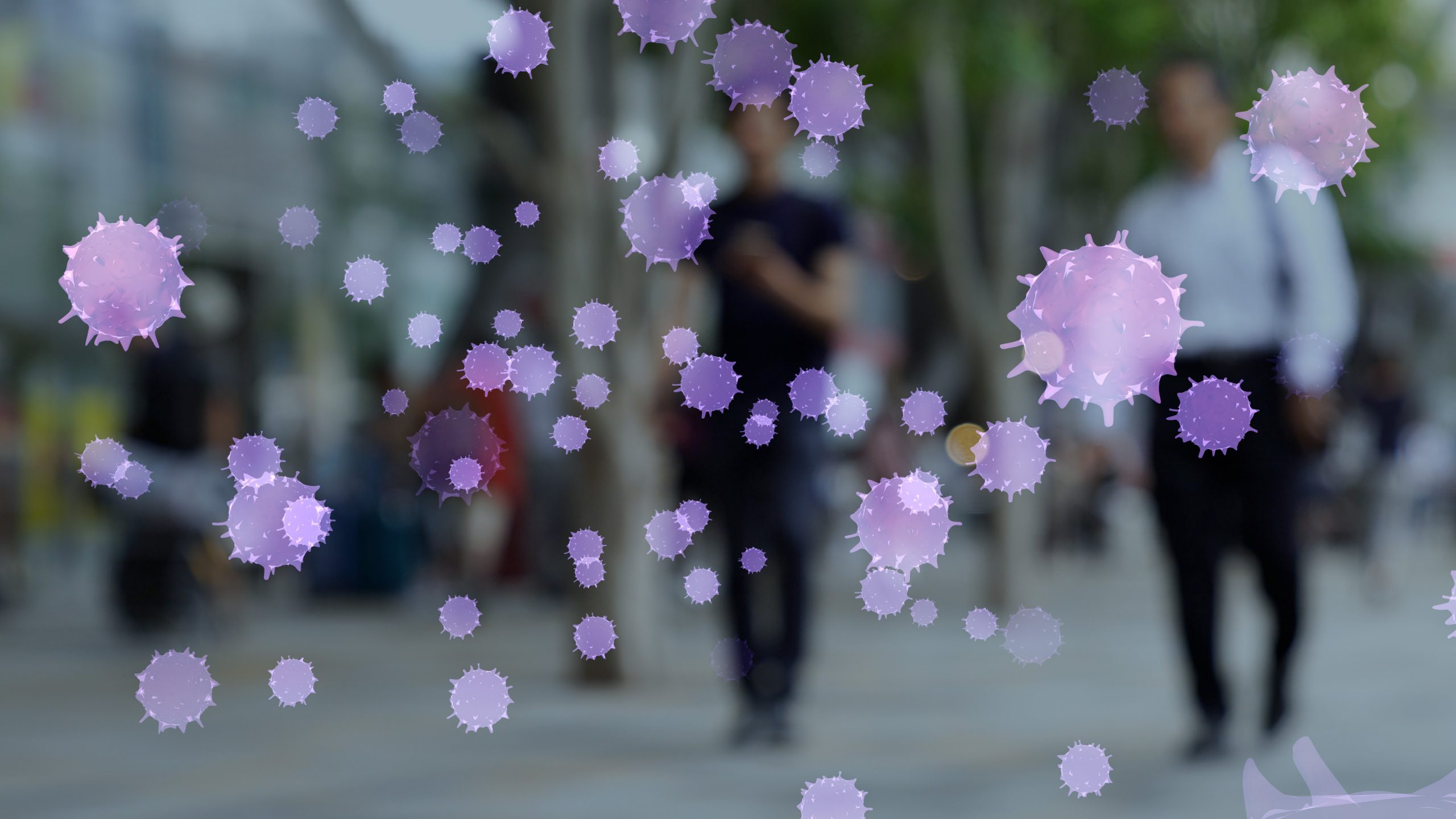Relative to your expectations, how well did government respond to COVID? How about regular people? How about business?
Before you answer you have to ponder your general expectations for government, regular people, and business. In my case, I expect absolute performance to be awful for government, mediocre for regular people, and excellent for business. Since I expect government to do poorly, government can (and occasionally does) exceed my expectations by attaining mediocrity.
Feel free to share your assessments in the comments. Here are mine:
1. Government (all levels, all nations) did even worse than I expected. I remain stunned that official shutdowns went on for more than a couple of weeks. And by my calculations, it would have been far better to do nothing. Overall, I put government at the 10th percentile of my already low expectations.
2. Regular people did vastly worse than I expected. The initial level of paranoia was no surprise, but its sheer durability continues to shock me. One of the main lessons of happiness research is that pleasant interaction with other humans is our most important source of happiness. And one of the main lessons of COVID is that a mild risk wrapped in official nagging is enough to get roughly half of all people to throw their most important source of happiness in the garbage. Overall, I put regular people at the 2nd percentile of my initially mediocre expectations.
3. Business in general moderately exceeded my high expectations. Yes, grocery stores ran out of “essential” products. And almost all business subjected customers to mind-numbing COVID propaganda. But they started reimagining their business model ASAP, and restarted the wheels of production almost as soon as the law allowed. Overall, I put business in general at the 60th percentile of my high expectations.
4. The performance of the pharmaceutical industry was straight out of science fiction. I would have expected a vaccine to take at least three years. I would have given a 30% chance that a COVID vaccine never happened. After all, there’s still no vaccine for AIDS. Instead, people started getting their shots less than a year after the crisis began. This wasn’t merely a triumph of science; it was a triumph of business. Knowing is half the battle, but mass producing and distributing the vaccine is the other half. And the pharmaceutical industry did it all. Overall, I put the pharmaceutical industry at the 99th percentile of my high expectations. Maybe the 99.99th percentile.
5. While we’re on the subject, the FDA also did far better than I expected. I’ve long deemed the FDA awful. And they could have saved a lot of lives by abolishing themselves a year ago. Still, I expected them to drag out pharmaceutical approval for at least a year. The damage of the Johnson and Johnson pause is a rounding error compared to the pig-headed, innumerate foot-dragging I’ve come to expect from the FDA. Overall, then, I’d put the FDA at the 80th percentile of my rock-bottom expectations.
P.S. Sales for my #FearMeNot COVID t-shirts are at the 60th percentile of my modest expectations…




